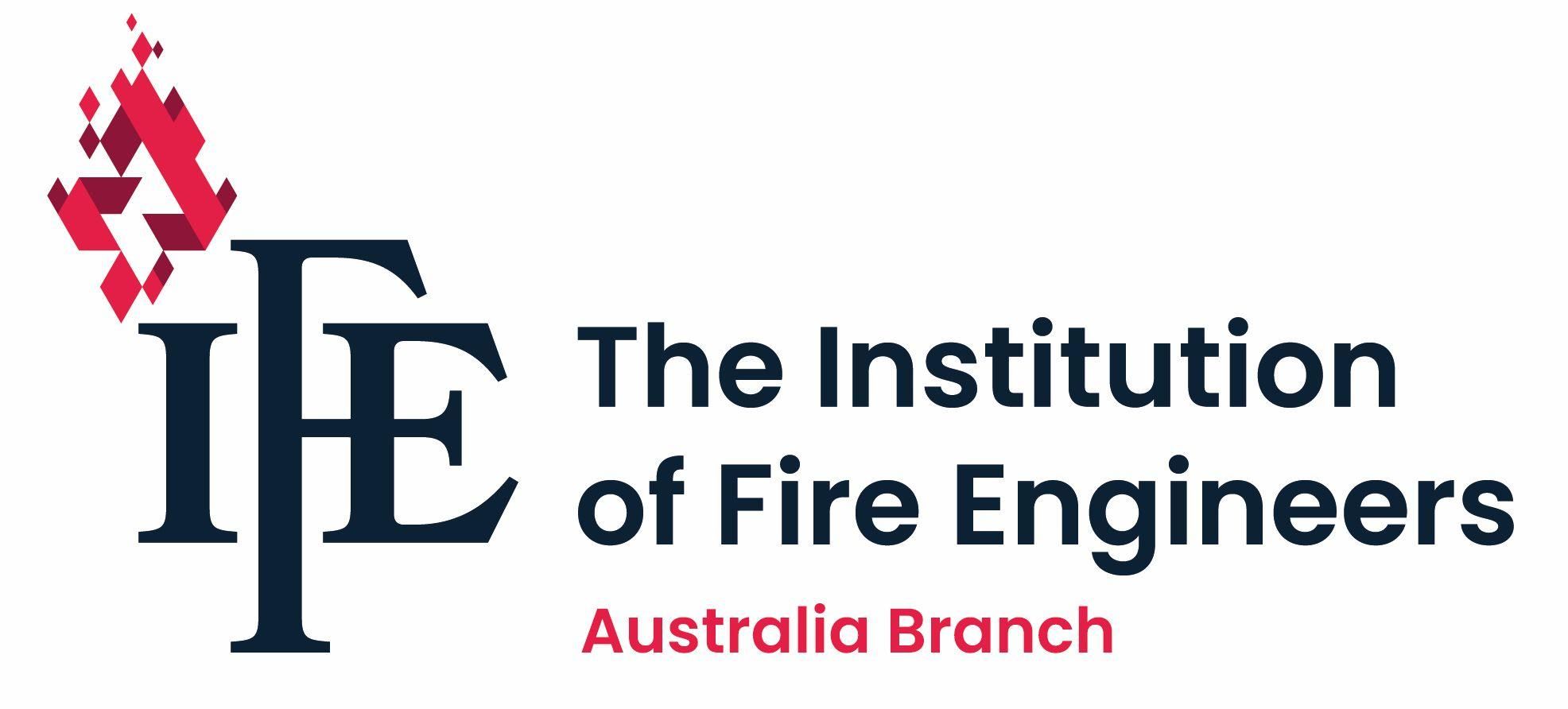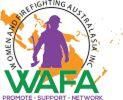The AFAC powered by INTERSCHUTZ conference brings a broad spectrum of emergency management practitioners together to learn and share experiences.
Showcasing the latest research and practice across the sector, AFAC26 will feature the multi-streamed AFAC Conference, incorporating the Australian Disaster Resilience Conference, the Institution of Fire Engineers (Australia) National Conference and the Women and Firefighting Australasia Conference.
)
)






)
)
)
)
)
)
)
)
)
)
)
)
)
)
)
)